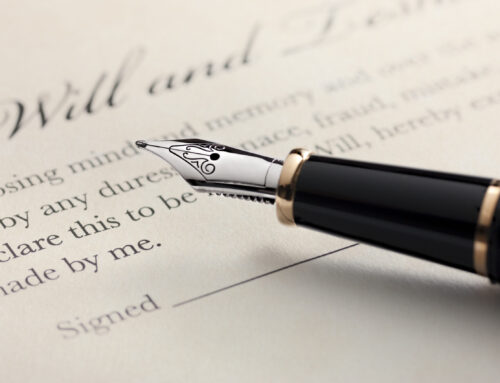According to research undertaken by cloud computing company Rackspace, People have stored digital assets of over £2.3bn online. However many people do not pass these assets on when they make their will (The study showed only 11% of people polled have considered passing on their digital legacy)
While downloads may be not be count as digital assets (Most downloads are purchased “under licence.” Check the Terms and Conditions for more information) other digital assets may have significant value, such as an eBay account, Paypal account, YouTube accounts, domain names and even characters and accounts in online role playing games such as World of Warcraft.
Some of these assets may not even have a monetary value. A large number of digital assets will have a sentimental value (Think of all the images you’ve uploaded to Facebook) The problem of course is that these assets are difficult to identify, because there are usually no paper monthly statements for them, or the assets are difficult to access without a password.
So how do you add your digital assets to a will?
After a person dies, the executors named in the Will must apply for confirmation of their appointment. Once the Courts issue this confirmation, the Will is a public document. Anyone can request a copy of the Will, and if it shows account numbers and passwords, a potential fraudster could potentially gain access to those internet accounts or private documents.
Personal information should not be published; it should be kept with the will in a separate envelope. That way it will remain secret but will not be overlooked.
Get in touch with our wills and probate team
If you’d like to know more or need advice on anything relating to Wills and Probate, our specialist team can help. Contact the Wills and Probate team.




